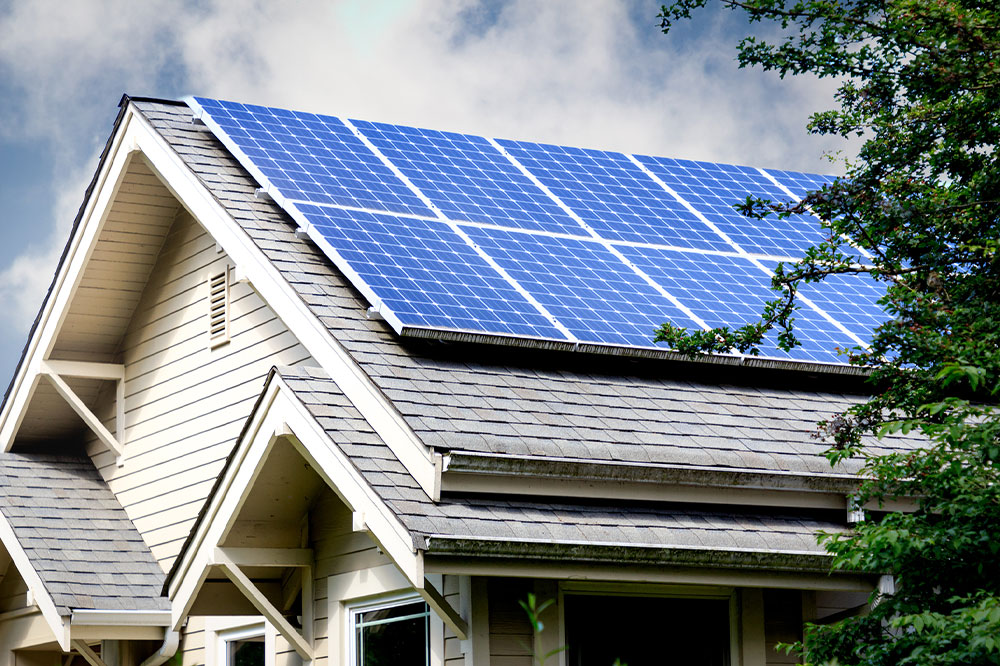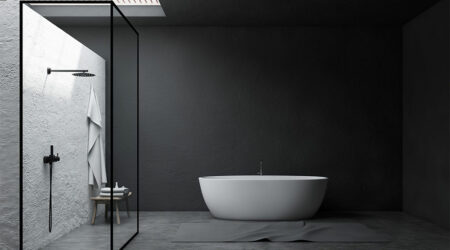
Solar panels – Its cost, types, and tips
With global warming and climate change on the rise, people are consciously shifting to sustainable energy sources, such as solar or wind energy. Due to this shift, solar power capacity in the country has grown from 0.34 GW in 2008 to an estimated 97.2 gigawatts (GW) today, which is enough to power around 18 million average homes. Solar photovoltaics (PV) are leading the way in sustainable energy generation for homes.
How much does it cost to install solar panels?
While solar panels generate free electricity, there is often a cost associated with the installation and maintenance. The average cost to install solar panels in the country is about $12,000 after federal tax incentives. Smaller, low-end solar systems can be installed for around $5,000, while Tier-1 systems may cost about $40,000 or more. Additionally, there are also labor costs, operational costs, maintenance charges, warranties, and the cost of other equipment (such as inverters or control circuitry) that needs to be borne by the customer.
What are the types of panels offered?
There are three major types of panels available: monocrystalline, polycrystalline, and thin-film. Of these, the first two are more commonly used to power homes. Monocrystalline panels are usually more efficient but also more expensive than polycrystalline panels. Depending on the roof space and energy needs, experts will suggest the best panel choice for your home.
What are the top companies operating in this industry?
Several homegrown and international companies choose from when picking the right solar panels for your home. These include Hanwha Q Cells, which are recommended for high efficiency even in low light and snowy areas; Jinko Solar, usually recommended for long-term reliability and consistent performance; and Silfab Solar for high-quality panels with a sleek appearance. Some other recommendations include Mission Solar for reliable construction and high power output, Solaria for long-term reliability and high-quality solar panels, and Sunpower for resilience, quality performance, and ease of installation. Companies like Zenernet and Sunlux are also recommended.
Tips for purchasing and maintaining solar panels
Solar panels are a long-term investment, so they should be chosen carefully. Here are some tips for finding durable solar panels for your home:
- Assess your energy needs and limitations
- Choose between rooftop solar panels or community solar panels.
- Compare products and quotes from different manufacturers to find the right deal.
- Look for high-efficiency solar panels.
- Find the right spot and check the logistics before you buy
- Check your local building codes and ensure that everything is up to date to ensure a safe installation process.
- Hire a reliable solar panel installer and a competent electrical engineer to ensure the right installation.
- Choose a trustworthy company that offers a long-term replacement warranty for your purchase.
- Investigate solar subsidies; this includes federal tax benefits offered by the government for solar project installations at home.
- Refer to resources such as the Residential Consumer Guide to Solar Power, A Homeowner’s Guide To Solar Financing: Leases, Loans, and PPAs, Solar PV Project Financing: Regulatory and Legislative Challenges For Third-Party PPA System Owners, and others for a better understanding and smoother transition to solar powered energy.
If you’re still wondering about getting a solar panel system for your home, think about all the energy cost savings to be achieved.




